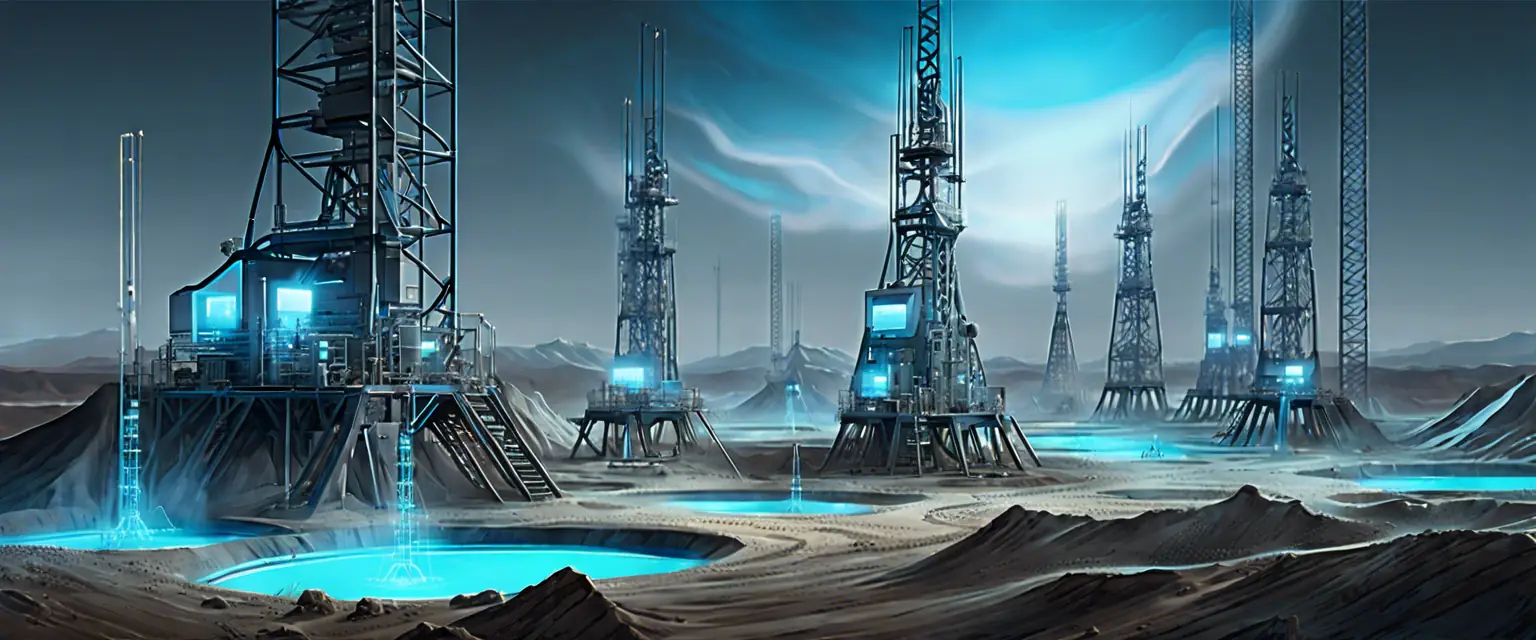Geotechnical engineering is experiencing a wave of innovations that are transforming the way projects are designed and executed. Emerging technologies, such as artificial intelligence and machine learning, are being integrated into geotechnical analysis, allowing for more accurate predictions and assessments. These advancements enable engineers to optimize designs and improve safety measures, ultimately leading to more efficient construction processes. As the industry embraces these technologies, the future of geotechnical engineering looks promising.
Another significant trend in geotechnical engineering is the increased focus on sustainability. Engineers are now prioritizing eco-friendly practices and materials in their projects. This shift is driven by the need to minimize environmental impact and promote sustainable development. Innovations such as ground improvement techniques and the use of recycled materials are becoming more common, allowing for more sustainable construction practices. As awareness of environmental issues grows, geotechnical engineers will play a crucial role in developing solutions that balance project needs with ecological considerations.
Collaboration and interdisciplinary approaches are also shaping the future of geotechnical engineering. By working closely with other engineering disciplines, geotechnical engineers can develop comprehensive solutions that address complex challenges. This collaborative mindset fosters innovation and encourages the sharing of knowledge and expertise. As the field continues to evolve, embracing collaboration will be essential for driving advancements and achieving successful project outcomes.


